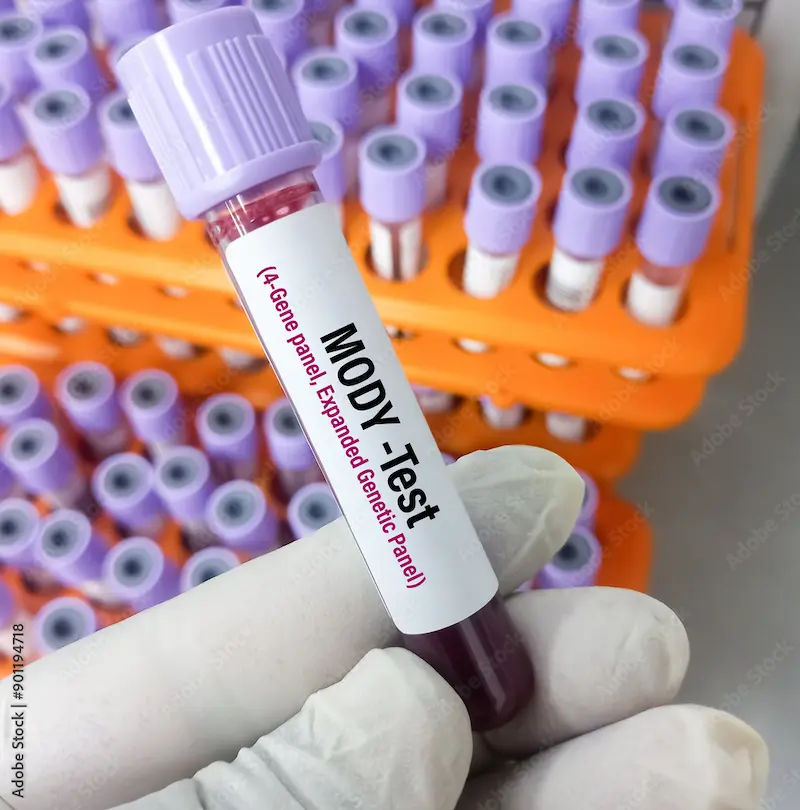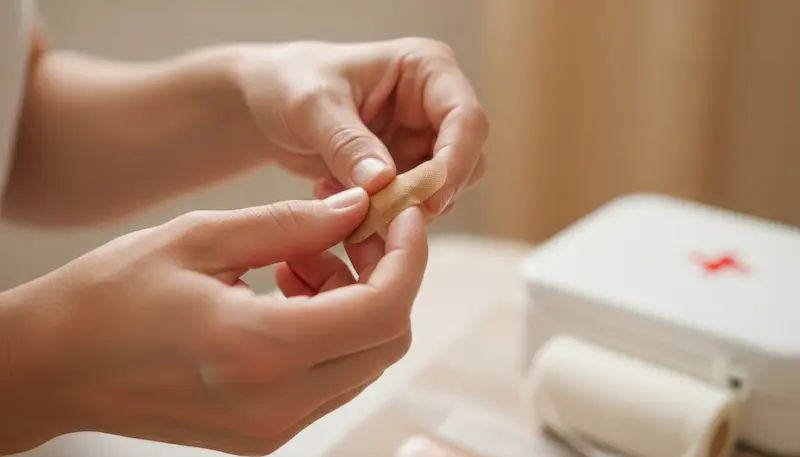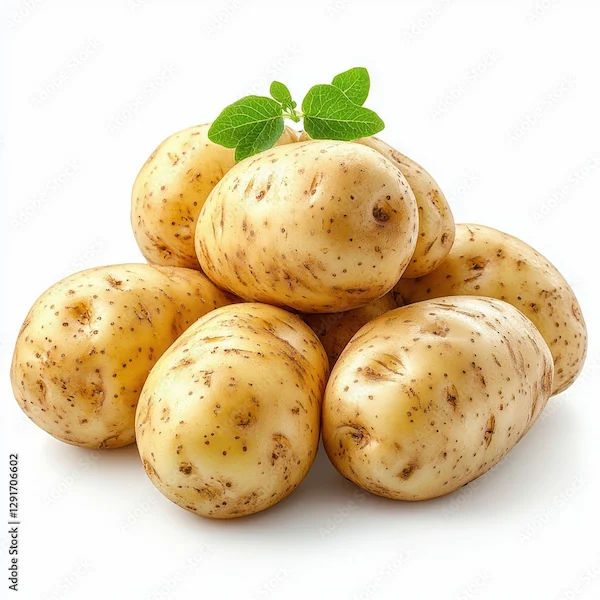Diverticulosis: Overview of Symptoms and Treatment
Explore diverticulosis, a condition involving small pouches in the colon wall. Learn about its symptoms, potential complications, and effective treatment options to manage the condition.

Written by Dr. Rohinipriyanka Pondugula
Reviewed by Dr. M L Ezhilarasan MBBS
Last updated on 13th Jan, 2026

Diverticulosis is a common digestive condition that affects many people, especially as they age. While it often doesn’t cause noticeable symptoms, understanding this condition can help you manage it better and prevent complications. In this article, we’ll explain what diverticulosis is, its symptoms, causes, and treatment options in simple terms.
What is Diverticulosis?
Diverticulosis occurs when small, bulging pouches (called diverticula) form in the lining of the digestive tract, usually in the large intestine (colon). These pouches develop when weak spots in the intestinal wall give way under pressure.
Most people with diverticulosis don’t experience any symptoms, and the condition is often discovered incidentally during tests for other digestive issues. However, in some cases, these pouches can become inflamed or infected, leading to a more serious condition called diverticulitis.
Consult a Top Gastroenterologist
Symptoms of Diverticulosis
Since diverticulosis often doesn’t cause symptoms, many people may not even know they have it. However, some may experience:
- Mild abdominal discomfort (especially on the lower left side)
- Bloating or gas
- Occasional cramping
- Changes in bowel habits (constipation or diarrhea)
If the diverticula become inflamed (diverticulitis), symptoms may include:
- Severe abdominal pain (usually on the left side)
- Fever and chills
- Nausea or vomiting
- Constipation or diarrhea
- Blood in stool (rare)
If you experience severe pain, fever, or persistent symptoms, seek medical attention immediately, as these could indicate an infection or complication.
What Causes Diverticulosis?
The exact cause of diverticulosis isn’t fully understood, but several factors contribute to its development:
- Low-Fiber Diet – A diet lacking in fiber can lead to constipation, making stools harder and increasing pressure in the colon, which may cause diverticula to form.
- Aging – The risk increases with age, especially after 40, as the colon wall weakens over time.
- Lack of Exercise – Physical inactivity may slow digestion and contribute to constipation.
- Obesity – Excess weight can increase pressure on the colon.
- Smoking – Smoking has been linked to a higher risk of diverticulosis and complications.
How is Diverticulosis Diagnosed?
Since diverticulosis often has no symptoms, it is usually detected during tests for other conditions, such as:
- Colonoscopy – A flexible tube with a camera examines the colon.
- CT Scan – Provides detailed images of the colon and can detect diverticula or inflammation.
- Barium Enema X-ray – A special dye helps highlight the colon in X-ray images.
If you’re experiencing digestive discomfort, your doctor may recommend one of these tests to check for diverticulosis or other conditions.
Managing and Preventing Diverticulosis
While diverticulosis itself doesn’t always require treatment, managing it can help prevent complications like diverticulitis. Here are some helpful tips:
1. Eat a High-Fiber Diet
Fiber softens stools and reduces pressure in the colon. Include:
- Whole grains (brown rice, whole wheat bread)
- Fruits (apples, pears, bananas)
- Vegetables (broccoli, carrots, spinach)
- Legumes (beans, lentils)
Gradually increase fiber intake to avoid bloating.
2. Stay Hydrated
- Drinking plenty of water helps fiber work effectively and prevents constipation.
3. Exercise Regularly
- Physical activity keeps your digestive system moving and reduces pressure in the colon.
4. Avoid Straining During Bowel Movements
- Straining increases pressure in the colon, which can worsen diverticulosis.
5. Limit Processed and Red Meat
- Some studies suggest that excessive red meat consumption may increase the risk of complications.
When to Seek Medical Help
If you have diverticulosis and experience:
- Severe, persistent abdominal pain
- Fever or chills
- Blood in stool
- Persistent nausea or vomiting
These could be signs of diverticulitis or other complications requiring medical attention.
Treatment for Diverticulitis
If diverticulosis progresses to diverticulitis (inflammation or infection), treatment may include:
- Antibiotics (if infection is present)
- Pain relievers (as recommended by a doctor)
- A liquid diet (to rest the colon)
- Hospitalization (in severe cases with abscesses or perforation)
In rare cases, surgery may be needed if complications like blockages or repeated infections occur.
Need Expert Advice?
If you have concerns about diverticulosis or digestive health, you can book a consultation with a gastroenterologist through Apollo 24|7. Early guidance can help you stay healthy and avoid complications.
Final Thoughts
Diverticulosis is common and often harmless, but a healthy lifestyle can help prevent complications. Eating fiber-rich foods, staying hydrated, and exercising regularly are key steps to maintaining good colon health. If you experience persistent digestive symptoms or severe pain, consult a doctor for proper evaluation. Early detection and care can make a big difference in managing this condition.
Consult a Top Gastroenterologist
Consult a Top Gastroenterologist

Dr Bhargav Vuppumalla
General Physician/ Internal Medicine Specialist
5 Years • MBBS MD GENERAL MEDICINE
Bengaluru
Apollo Medical Center, Marathahalli, Bengaluru

Dr Harish K C
Gastroenterology/gi Medicine Specialist
15 Years • MBBS MD DM MRCP(UK) (SCE-Gastroenterology and Hepatology)
Bangalore
Manipal Hospital, Bangalore

Dr Harish K C
Gastroenterology/gi Medicine Specialist
15 Years • MBBS MD DM MRCP(UK) (SCE-Gastroenterology and Hepatology)
Bengaluru
Apollo Hospitals Bannerghatta Road, Bengaluru
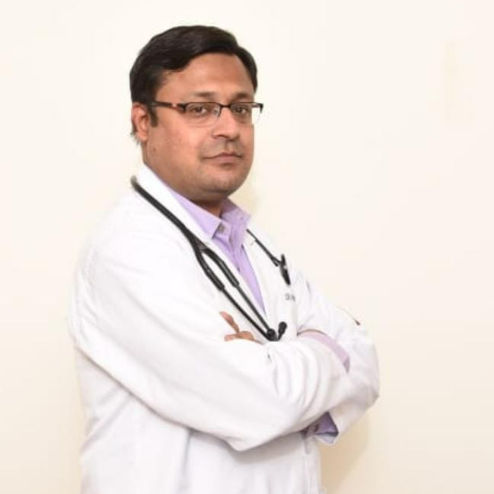
Dr Rohit Sureka
Gastroenterology/gi Medicine Specialist
15 Years • MBBS, DNB General Medicine, DNB Gastroenterology
Jaipur
Apollo 247 virtual - Rajasthan, Jaipur
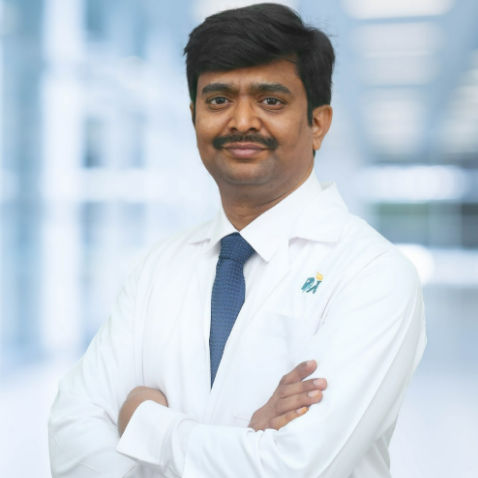
Dr. Paramesh K N
Gastroenterology/gi Medicine Specialist
16 Years • MBBS, MS ( General Surgery), DNB ( Surgical Gastroenterology)
Hyderabad
Sprint Diagnostics Centre, Hyderabad
Consult a Top Gastroenterologist

Dr Bhargav Vuppumalla
General Physician/ Internal Medicine Specialist
5 Years • MBBS MD GENERAL MEDICINE
Bengaluru
Apollo Medical Center, Marathahalli, Bengaluru

Dr Harish K C
Gastroenterology/gi Medicine Specialist
15 Years • MBBS MD DM MRCP(UK) (SCE-Gastroenterology and Hepatology)
Bangalore
Manipal Hospital, Bangalore

Dr Harish K C
Gastroenterology/gi Medicine Specialist
15 Years • MBBS MD DM MRCP(UK) (SCE-Gastroenterology and Hepatology)
Bengaluru
Apollo Hospitals Bannerghatta Road, Bengaluru

Dr Rohit Sureka
Gastroenterology/gi Medicine Specialist
15 Years • MBBS, DNB General Medicine, DNB Gastroenterology
Jaipur
Apollo 247 virtual - Rajasthan, Jaipur

Dr. Paramesh K N
Gastroenterology/gi Medicine Specialist
16 Years • MBBS, MS ( General Surgery), DNB ( Surgical Gastroenterology)
Hyderabad
Sprint Diagnostics Centre, Hyderabad


